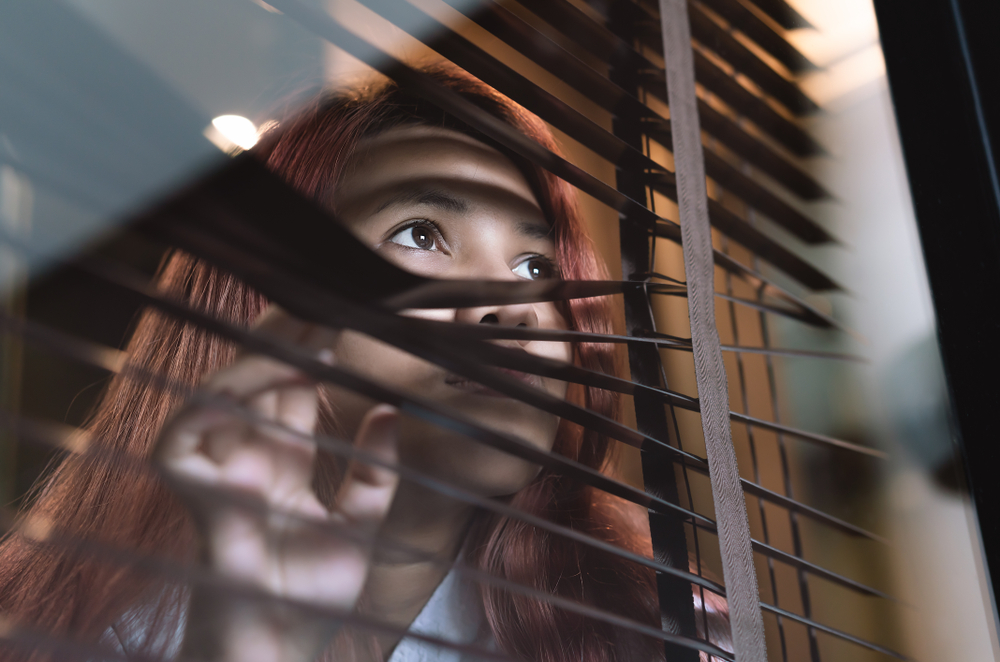Being lonely isn’t just a feeling. Chronic loneliness can pose serious health risks due to social disconnection. Understanding how feeling lonely can affect your mental and physical health is the first step to addressing chronic loneliness and improving your connection.
U.S. Surgeon General Warns of Loneliness Epidemic
On May 3, 2023, the United States Surgeon General, Dr. Vivek H. Murthy, issued an advisory report warning that loneliness, isolation, and lack of connection was a public health crisis across America. The report said that even before the COVID-19 lockdowns began in 2019, approximately half of U.S. adults reported experiencing measurable levels of loneliness. It warned that is a problem for the nation’s mental and physical health on a broader scale.
Get Help Addressing Chronic Loneliness
Talk to a psychotherapist today about feelings of isolation and social disconnection.
How Loneliness Can Affect Your Health
The physical health consequences of chronic loneliness and social disconnection are serious. It is correlated with increased risk of:
- Heart disease
- Stroke
- Dementia in older adults
- Premature death
In fact, a lack of social connection increased the risk of premature death by more than 60%. That is partially due to the mental health challenges posed by chronic loneliness. Social disconnection can lead to developing depression and anxiety in children and adults. In turn, these mental health concerns can trigger thoughts of suicide or self harm, which contributes to the risk of premature death. Even when those serious mental health concerns are not present, Dr. Murthy says:
[T]he harmful consequences of a society that lacks social connection can be felt in our schools, workplaces, and civic organizations, where performance, productivity, and engagement are diminished.
Surgeon General’s 6 Foundational Pillars to Improve Social Connection
The Surgeon General’s report identifies 6 “foundational pillars” to address chronic loneliness and improve social connection on an individual, organizational, and societal level:
- Strengthen social infrastructure in local communities
- Enact pro-connection public policies
- Mobilize the health sector
- Reform digital environments
- Deepen our knowledge
- Build a culture of connection
Many of these pillars focus on the societal, governmental, and health care levels. They identify priorities for lawmakers, doctors and researchers to better understand and address chronic loneliness and social disconnection.
Ways to Address Chronic Loneliness
The Surgeon General’s report also includes a list of things individuals can do to address chronic loneliness, improve their own social connections, and contribute to building a “culture of connection.”
- Learn the power of social connection and the consequences of social disconnection. Understand how the structure function, and quality of your social connections can impact your relationships, health, and well-being.
- Invest time in your relationships by making consistent, frequent, and high-quality connections with friends and family daily.
- Minimize distractions while checking in with others. Spend uninterrupted time with those closest to you over a meal, on the phone, or by engaging in a social activity.
- Support others including family, co-workers, family members, and neighbors, or by volunteering for community service organizations.
- Be responsive, supportive, and express gratitude. Developing these habits can encourage those around us to reciprocate, strengthening our social bonds, improving our relationships, and deepening our social connections.
- Engage with people of different backgrounds and experiences. Make a point to reach out to those different from you to broaden your social connections and improve the diversity in your life.
- Join a social group around a hobby, fitness, religion, or community service. These connections can help you develop a sense of purpose and feel like you belong.
- Avoid disconnecting behaviors like excessive social media usage and “screen time” in place of connecting with people.
- Make time for civic engagement. By getting involved in your local government, school board, or religious organization, you can ground yourself in your community and feel more connected to your neighborhood.
- Adopt core values of connection. Make social connection a priority in your life by adopting the core values of kindness, respect, service, and commitment to others. This will help to build a culture of connection around you.
- Talk to your doctor about feelings of chronic loneliness or social changes in your life so they can make suggestions to mitigate the health risks associated with those feelings.
- Get help when struggling with loneliness. There are life events that can rightfully cause you to feel lonely or isolated – like a death or divorce. While these feelings should pass with time, you can reduce their long-term effects by reaching out to friends, family, or a psychotherapist.
Social disconnection is a serious concern that can directly affect your physical and mental health. But there are ways to address chronic loneliness on your own, and with the help of a mental health professional that can help you work through those feelings and find ways to move back toward healthy social connections.
David Stanislaw is a psychotherapist with over 30 years of experience who helps individuals learn strategies for addressing chronic loneliness. Contact David Stanislaw to get help today.


 Breaking the Cycle: Healthy Parenting Tips for PTSD Survivors
Breaking the Cycle: Healthy Parenting Tips for PTSD Survivors How Bereavement Counseling Helps with Loss
How Bereavement Counseling Helps with Loss Long-Distance Relationships and Loneliness
Long-Distance Relationships and Loneliness